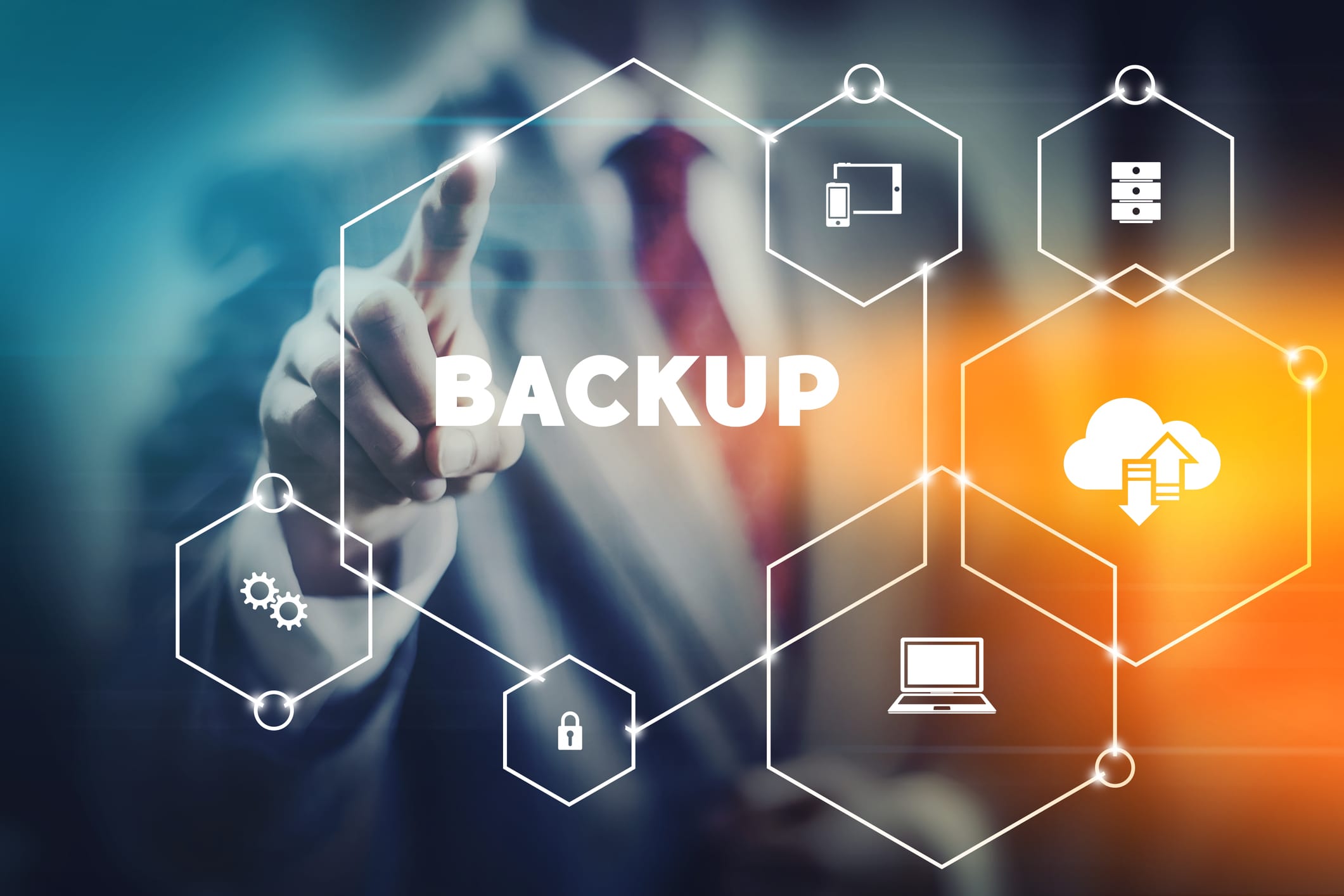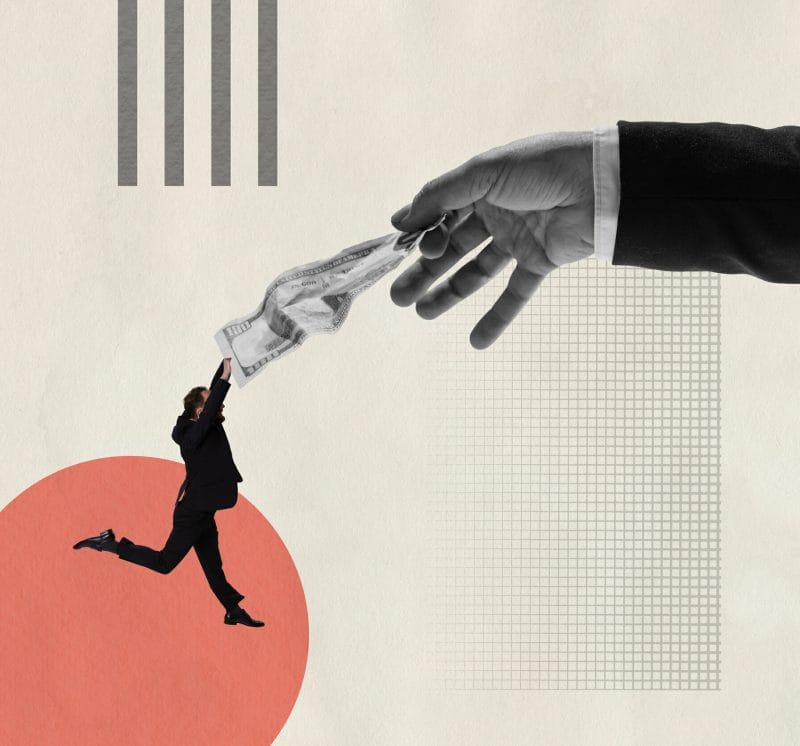UPDATED October 11, 2023
A friend of mine who’s a practicing oral surgeon and business-growth consultant to his fellow dentists and oral surgeons shared with me a shocking statistic: Roughly 90% of people are not prescribed the full and correct treatment for their optimum dental health and aesthetics. The reason why? Dentists don’t feel comfortable “selling” you on an “expensive” treatment plan.
Another colleague of mine who coaches chiropractors told me the same: Roughly 90% of the patients being seen by chiropractors don’t even know about other therapeutic treatments that might help their condition because the doctor doesn’t like “selling” and feels uncomfortable “stacking the bill” with additional therapies.
As a patient, how does that make you feel? Do you feel the doctor is acting in your best interest if they fail to recommend treatment options because they feel uncomfortable with the money aspect? If you had a major illness, or, God forbid, someone you love did, would you want a doctor who holds back and hesitates on recommendations because of their discomfort with money, or would you want a doctor who offers you all the options and all the latest technologies and medicine, strongly recommends the best treatment plan, and lets you decide?
Of course, this discomfort in “selling” or asking for money is a major reason why most salespeople and consultants never rise above mediocrity, never make the profit margins they could make, and never grow. But this timidity is not just about you losing money — the bigger, more egregious and unforgivable consequence is that you are selling your clients less than they need and failing to live up to the trusted advisor status you purport to have.
Let’s take disaster recovery and backup as an example, specifically Azure backup. Right now, how many of your clients are on a backup system from Azure that is not adequate, would not allow them to recover quickly and fully from a data-erasing disaster, and would not withstand a ransomware attack? How many clients of yours are storing critical data in Azure cloud-based applications that are only being backed up in “current state” and are not protected against user error, accidental deletion, or a disgruntled employee? The bigger question is what are you doing about that?
‘Well, They’re #@$%!* CHEAP!’ You Say?
This may be true, but when they lose their data (a 2020 survey showed that 77% of SMBs have lost cloud-based data in the last year), will you feel good saying “I told you so”? Do you think that will work wonders for your relationship? Some of you sickos would welcome it, knowing your stingy clients deserve it, and they probably do. But the bigger, more important question is this: Did you do everything possible to warn them and sell them on a more robust disaster recovery solution (DRaaS) for Azure or other cloud-based applications/data, or did you just timidly mention it one time, if at all? Did you just assume that “they won’t buy that” and stop trying? Have you been bringing this up again and again at every quarterly business meeting or review, or have you not talked to them about it in months, possibly years?
Yes, some people make poor value judgments and hesitate to spend money on IT that doesn’t provide an immediate ROI, preferring to “chance” it. But that’s where good salesmanship comes in. Most of these same “cheap” clients would free up funds for far better disaster recovery if they were properly sold a DRaaS solution.
The Single Best Email You’ll Ever Send
Below is the opening to my “decision-maker” email campaign. (To download this email in a Word document to make it easy to cut and paste, go to this link MSPSuccessMagazine.com/draas.) This is a communication I crafted years ago for a client who swore his clients were “different” and “cheap” and would not spend money on a professional-grade backup solution. He knows, he said, because he already tried selling it to them several times.
So, I made him a good-natured $100 bet that if he sent this one email out, exactly as I wrote it, I would prove him wrong. If I failed to get a response from his clients, I’d pay him the $100. Guess what? I kept my money. Here’s how it opens:
Hey <<First Name>>,
I know you are super busy, but I need you to take two minutes to read this email because it has to do with your data backup and our ability to quickly and fully recover your data in the event of natural disaster or ransomware attack.
Let me explain. I recently conducted a deep review of your current backup system and asked myself:
“If you called to tell me your server was damaged beyond repair or that you had been hit with a ransomware attack and all of your files were locked, corrupted, and/or erased, how fast could I get you back up and running again?”
Quite honestly, I didn’t like the answer, so I’d like to propose a brief meeting to look at this and do the following:
- Determine what data is critical to your organization so we can make sure it is being backed up.
- Look at putting a more robust, ransomware-proof backup system in place that guards against the more sophisticated attacks we are seeing today.
- Review what data you have and where it is. We often find critical data on laptops and other devices that is not being backed up properly.
- What processes (like payroll or client-facing services) are critical and cannot be down for an extended period of time?
- What is your tolerance for downtime in general? For example, how long could you be without access to your server, files, email, internet, and other processes before it starts costing you real money?
- What’s the plan for a true disaster? What will you do if you and your team can’t get into your office because of a fire, flood, or natural disaster?
The purpose of these questions (and others I have) is to use your answers to map out a disaster recovery plan that you feel good about and to make sure you aren’t faced with any unpleasant surprises should a disaster happen, including a ransomware attack.
Here’s a link to my calendar so we can get something scheduled:
<<Insert Link>>
To be clear, I believe it’s my job as your IT consultant to ensure you are fully aware of the risks and limitations of your current backup and to help you choose a disaster recovery system that fits your budget and priorities, and it’s very important that we meet soon to address this issue.
Awaiting your response,
<<Your Email Signature>>
My suggestion is that you send this email to those stubborn clients who are not adequately backed up or who may have critical data in cloud applications that are not being backed up at all. That’s one big gaping hole in any company’s backup plan that many miss, including MSPs. Here are other things to consider when putting together a DRaaS plan for your clients:
1. Can the backup solution you recommend withstand a ransomware attack? Obviously, backups are a second line of defense against a data-corrupting or erasing attack, but some backup solutions were not sufficient to stop the WannaCry and other ransomware attacks, nor were they able to provide all the files and data needed to make the company whole and avoid paying the ransom.
2. Make sure you back up your clients’ CRM, accounting applications, and website data, particularly if there’s heavy development on the site. These are all fundamental to daily operations but can easily get overlooked in disaster recovery and backup plans.
3. Check that your backups are compliant. Growing regulations require that all PII (personally identifiable information) be protected. If you’re backing up a client’s data, you must ensure that whatever you are recommending and using for backups actually complies with the laws regarding that information.
Any MSP with true, entrepreneurial ambition knows that expanding the average client’s spend is one of the best ways to grow a business, particularly if you can increase that spend with guaranteed MRR. Offering disaster recovery as a service is not only a rock-solid means of getting this done but also an extremely important protection you ought to insist your clients invest in.









